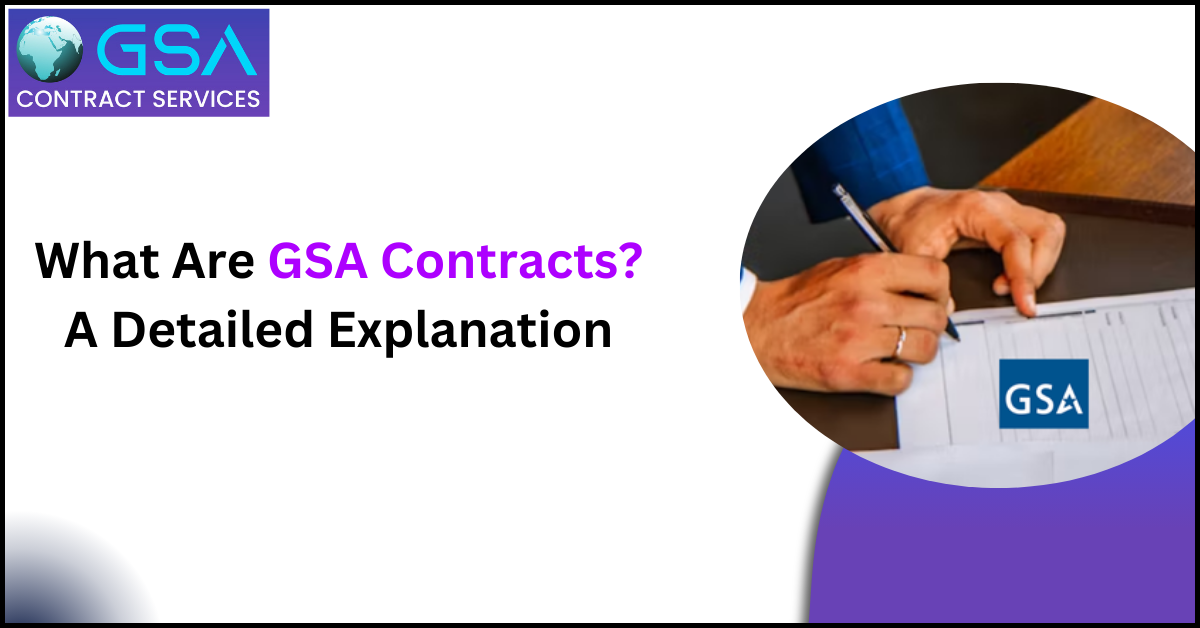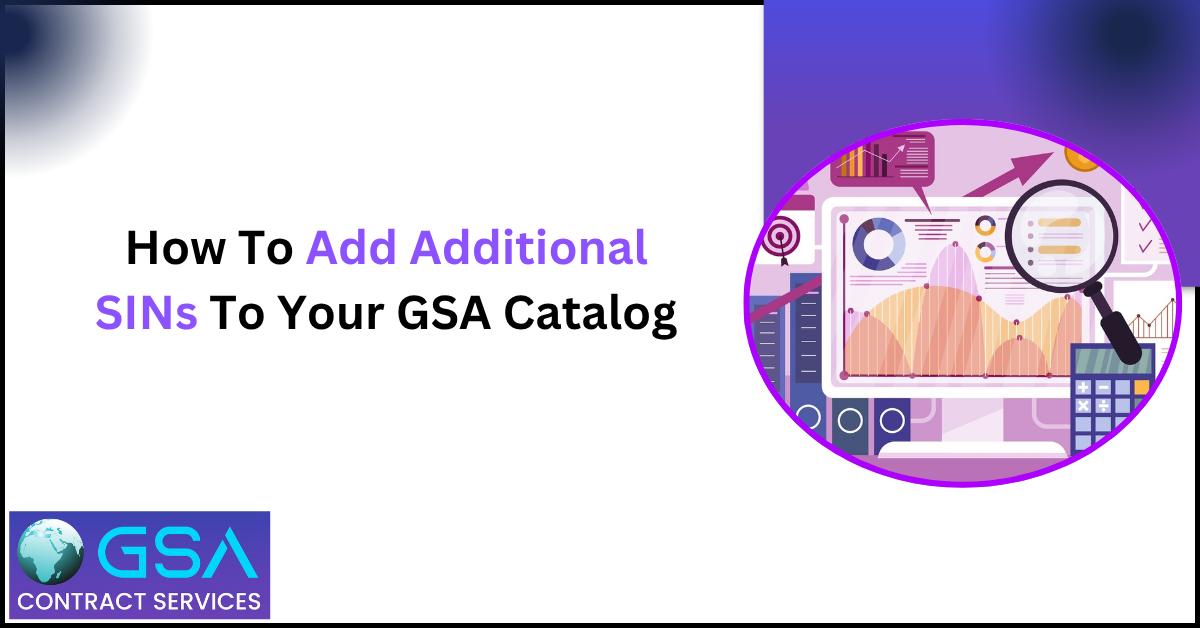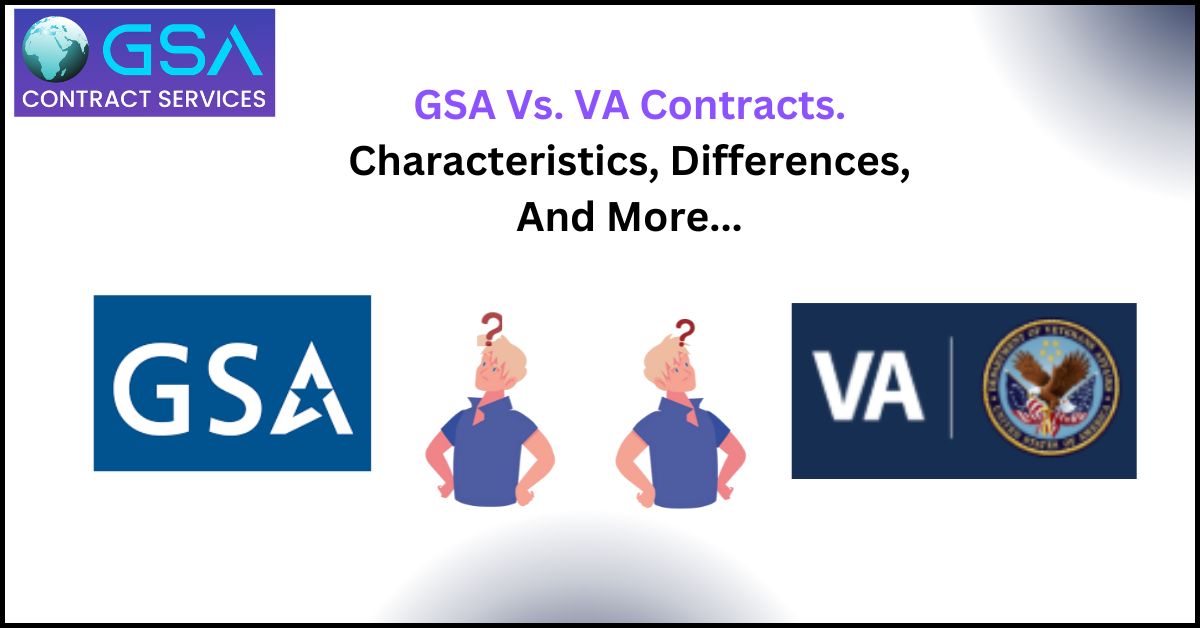Federal procurement is a complex yet organized system that enables the U.S. government to purchase goods and services from private businesses.
To ensure fairness, transparency, and efficiency, agencies rely on structured platforms and databases.
Three key players in this ecosystem are SAM (System for Award Management), GSA (General Services Administration), and FedMall (Federal Mall).
Each serves a unique purpose in the government acquisition process, especially for businesses seeking to enter or thrive in the federal marketplace.
What Is SAM.gov?
The System for Award Management, or SAM.gov, is the official registration system for vendors who want to do business with the federal government. Operated by the General Services Administration (GSA), SAM is a centralized platform where businesses:
- Register to bid on government contracts
- Receive payments from federal agencies
- Update business and financial information
- View contract opportunities across multiple agencies
Why SAM Matters in Federal Buying
Vendor Registration:
A business cannot legally receive federal contracts without an active SAM registration. This makes SAM the first step in the federal buying journey.
Transparency & Accountability:
SAM consolidates information from multiple legacy systems, providing government buyers with verified vendor data.
Eligibility Verification:
Federal agencies use SAM to check vendor eligibility, past performance, and exclusions (e.g., if a vendor has been banned).
Access to Opportunities:
Vendors use SAM to search for open contract opportunities (formerly handled on FedBizOpps.gov).
In short, SAM acts like a government-wide “vendor directory” and a public bidding notice board rolled into one.
What Is GSA?
The General Services Administration (GSA) is a federal agency that manages government buildings, supplies, and procurement. One of its main roles is managing the GSA Schedules Program, also known as Federal Supply Schedules or Multiple Award Schedules (MAS).
This program allows businesses to sell goods and services to government buyers at pre-negotiated prices and terms.
How GSA Supports Federal Buying
Streamlined Buying:
GSA simplifies procurement by pre-vetting vendors and pricing. This reduces paperwork and speeds up purchasing.
GSA Advantage!:
GSA runs GSA Advantage!, an online shopping portal for federal agencies. Think of it like Amazon, but for the government.
Pre-Negotiated Contracts:
Once a vendor secures a GSA Schedule contract, their offerings are listed with locked-in pricing, making it easier for buyers to shop without lengthy negotiations.
Wide Product Categories:
GSA Schedules cover a vast range of products and services—from IT and office supplies to consulting and logistics.
Government-to-Government Services:
GSA also facilitates intra-government procurement, such as shared services between agencies.
GSA by the Numbers
GSA Schedules account for over $40 billion in annual federal spending (source: GSA.gov, FY2023), making it one of the most significant purchasing channels in government.
What Is FedMall?
FedMall (short for Federal Mall) is a government e-commerce site run by the Defense Logistics Agency (DLA). It’s primarily used by military and defense agencies to buy commercial off-the-shelf (COTS) products.
How FedMall Works in Federal Buying
Military-Focused Buying:
FedMall supports defense agencies, military branches, and federal partners with mission-critical goods.
Secure Transactions:
Only registered government personnel and approved vendors can access the platform.
Bulk Procurement:
FedMall supports large-volume, high-frequency purchases, often with logistical and delivery requirements.
Integrated Logistics:
Because it’s managed by DLA, FedMall ties directly into the military’s supply chain systems.
Vendor Participation
To sell on FedMall, vendors need:
- A valid SAM registration
- A CAGE code
- Certain cybersecurity and data protection clearances (especially for DOD suppliers)
FedMall is particularly important for businesses that supply uniforms, tactical gear, food, office equipment, and general supplies for defense needs.
The Relationship Between SAM, GSA, and FedMall
These three systems may serve different functions, but they’re interconnected:
SAM is the Foundation:
Every vendor must register on SAM to become eligible to sell on GSA or FedMall. It provides the necessary legal and financial checks.
GSA and FedMall Are Marketplaces:
GSA Advantage! is a government-wide marketplace for multiple civilian and defense agencies.
FedMall is a specialized marketplace for DOD and military buyers.
Vendor Funnel:
SAM → Apply for GSA Schedule or FedMall access → List products/services → Sell to agencies
Which Platform Should Vendors Focus On?
It depends on the market you’re targeting:
Civilian Agencies:
GSA is ideal. If you’re selling to agencies like the VA, DHS, EPA, or USDA, getting a GSA Schedule is key.
Military & Defense:
FedMall is the better route. Suppliers of MRO (maintenance, repair, operations), tactical gear, or food items often find more traction here.
New to Federal Contracting?
Start with SAM registration. Then, explore GSA or FedMall based on your products and market strategy.
Challenges for Vendors
Even though SAM, GSA, and FedMall are meant to streamline the process, businesses still face hurdles:
Compliance:
Strict rules, especially under the Federal Acquisition Regulation (FAR), can be overwhelming.
Time-Consuming Setup:
Getting a GSA Schedule contract can take months. FedMall requires additional cybersecurity documentation.
Catalog Management:
Keeping product data accurate and up to date is critical. Incorrect prices or missing details can lead to delisting.
EDI Requirements:
Electronic Data Interchange (EDI) is often required to automate orders and payments, especially on FedMall and for larger GSA contracts.
Opportunities for Growth
Despite the complexities, the federal market is full of opportunities:
- The U.S. government is the largest buyer in the world, spending over $700 billion annually on contracts (source: USAspending.gov, FY2023).
- GSA and FedMall aim to support small businesses with set-asides and streamlined programs.
Both platforms are modernizing with better digital tools, APIs, and third-party support for catalog and compliance management.
Final Thoughts
If you’re planning to sell to the U.S. government, understanding the roles of SAM, GSA, and FedMall is essential. Think of it as a ladder:
SAM.gov – Get registered and verified
GSA Schedule – Get your foot in the door with civilian agencies
FedMall – Enter the defense and military market
Each system plays a part in making federal procurement more efficient and accessible. By learning how they work together, businesses can better position themselves for long-term government contracting success.




